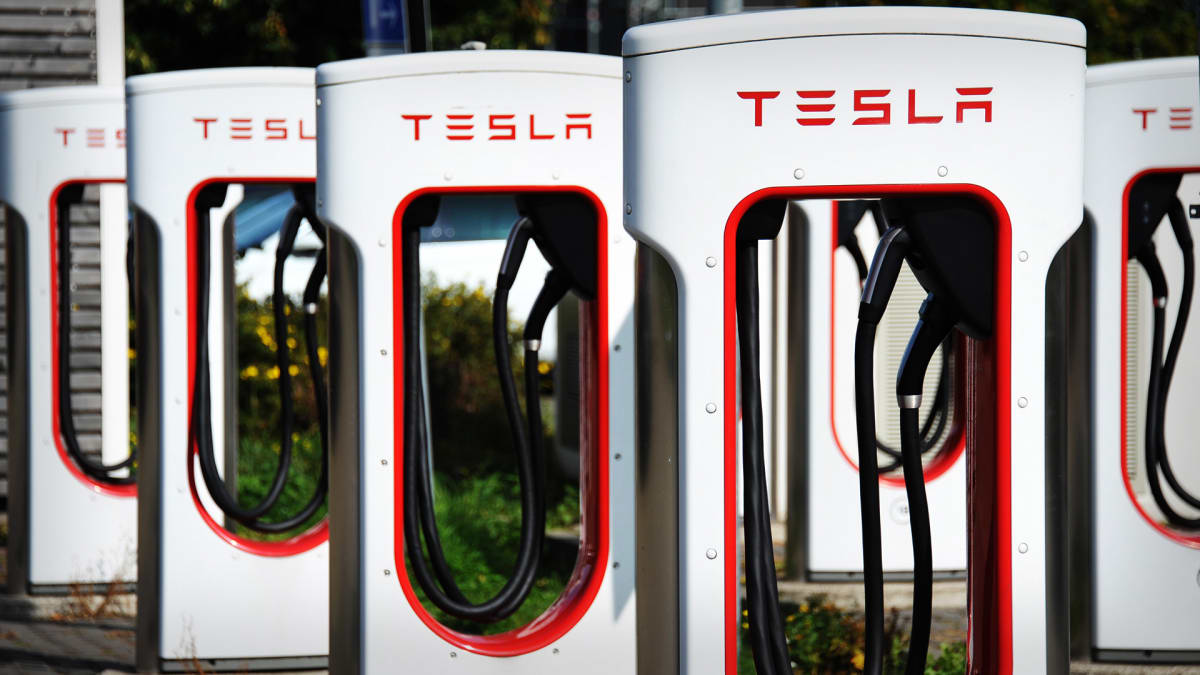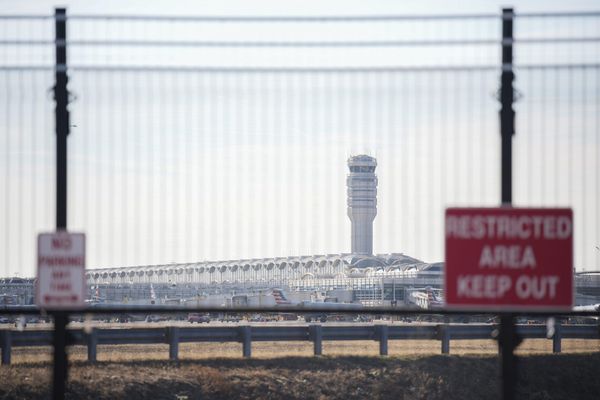
Tesla (TSLA) shares moved firmly lower Thursday after a key Wall Street analyst lowered his rating on the group ahead of its pivotal second quarter delivery and earnings reports, noting a "significant degree of investor skepticism" around the world's most valuable electric car maker.
Morgan Stanley analyst Adam Jonas cut his rating on Tesla to 'equal weight' from 'overweight', but insisted he was not "trying to call an end" to the stock's impressive 2023 rally as he added $50 to his price target, which now sits at $250 per share.
Still, with Tesla shares trading at more than 100 times higher than Jonas' full-year earnings forecast, upside would need to come from areas other than its mainstream EV dominance.
"Tesla remains a 'must own' company in any EV portfolio ... we see continued evidence that Tesla is emerging as an industrial 'standard bearer' for one of the greatest industrial changes we've witnessed in over a century - the electric transport and renewable energy economy," Jonas wrote. "This goes well beyond supercharging deals with the likes of GM and Ford and look for other potential areas of collaboration (battery supply, operating systems, FSD, etc.) to follow."
"We see Tesla as an AI beneficiary *and* an auto company," Jonas said. "High expectations on the former has brought the stock to a fair valuation."
Tesla shares were marked 2.2% lower in early Thursday trading to change hands at $253.86 each, leaving the stock with a one-month gain of around 34.4%.
Analysts at Barclays also lowered their rating on Tesla, to 'equal weight' from 'overweight' heading into next month's earnings report, suggesting that price discounts and margins pressures could "pull the plug" on the stock's 111% year-to-date rally.
Elon Musk himself, in fact, told investors earlier this year year that Tesla would focus on growing sales volumes and extending its lead in key markets over improving profitability following a mixed first quarter earnings report that included the weakest profit margins in more than two years.
"Our experience covering Tesla has made us well aware of the potential for stock movements to be driven by more than fundamentals," Barclays analyst Dan Levy wrote. "In fact, we have at time been willing to be more generous with our target multiple given the belief that Tesla is far more likely to get the 'more than a carmaker' treatment by the market, with support from different pockets of the investment community, including retail and momentum investors."
Tesla will likely publish its second quarter delivery figures next weekend, with investors looking to both a notable surge in China sales and the ramping of production at factories in Texas and Germany to support Musk's bullish thesis of a 2 million 2023 target.
"From a production standpoint, if things go well, we’ve got a shot at 2 million vehicles this year," Musk told investors in early April. "But that’s an upside case. And we feel comfortable with 1.8 million. And we’ll have to see how this year unfolds."
A series of price cuts in key markets, however, will continue to squeeze margins over the second half of the year, with analysts focused on the threshold of 20%.
Adjusted automotive margins were 18.3% for the three months ending in March, Tesla said, a big decline from the 26.8% figure from last year's first quarter and the 22.2% tally recorded over the final three months of 2022.
Musk justified the narrowing margins, and the group's focus on volumes over profits, as necessary steps in its plan to generate longer-term revenues, and recurring earnings, from automated vehicle sales over the coming years.
"We’re taking a view that pushing for higher volumes and a larger fleet is the right choice here versus a lower volume and higher margin," Musk told investors on a conference call late Wednesday. "However we expect our vehicles over time will be able to generate significant profit through autonomy."







